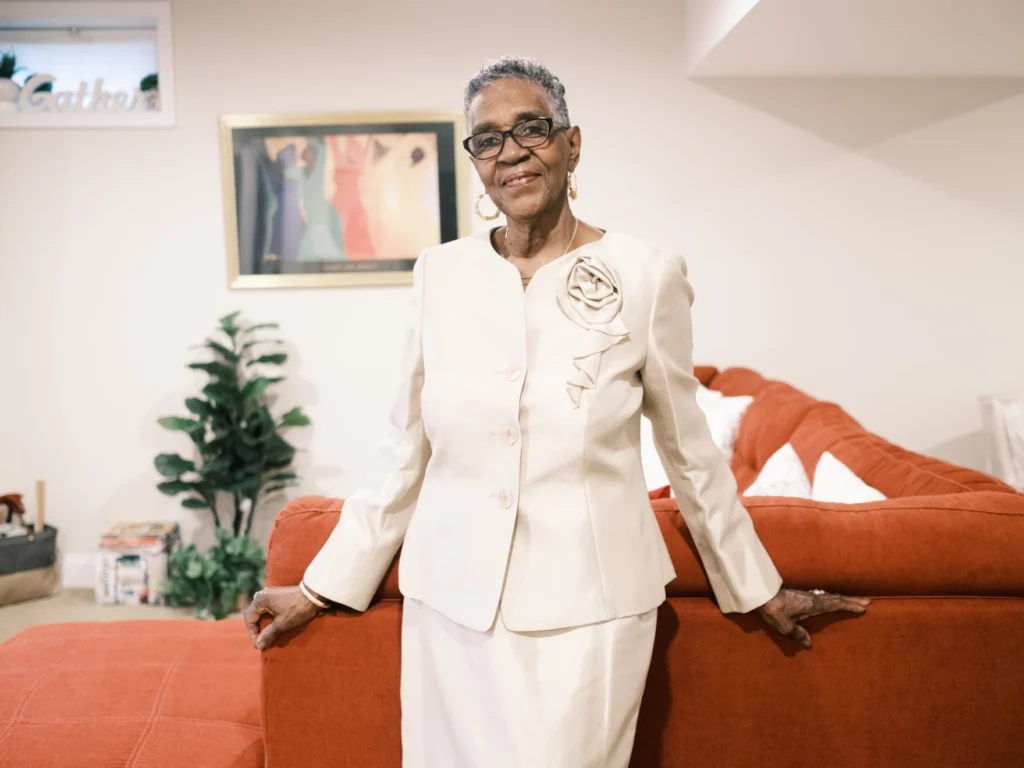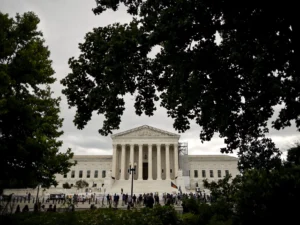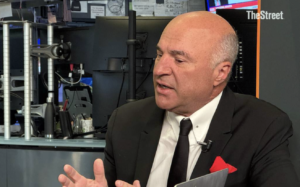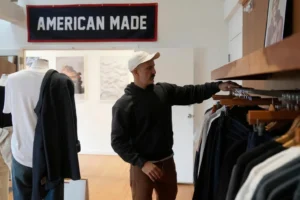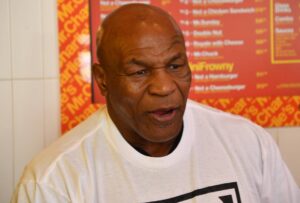Shirley Hopkins built careers for herself and countless other Black workers through a federal government job.
While working in the National Institutes of Health’s human resources office, she became known as the “recruitment lady.” It wasn’t spelled out in her job description, but she made it her personal mission to encourage more Black students in the Washington, D.C., area to apply for the federal agency’s internship and youth employment programs.
“When I was young, I was not able to find employment,” Hopkins says. “I was not going to have it the way it was when I was coming up. I was going to let them be a part of something and let them get a job and work and be responsible.”
The 81-year-old retiree, now living in Prince George’s County, Md., one of the wealthiest majority-Black counties in the country, remembers how proud her mother was when she secured her first federal job — caring for young cancer patients in NIH clinical trials as a nurse’s aide.
This story was originally produced by WLRN, South Florida’s only public radio station at 91.3 FM, as part of a content sharing partnership with MIA Media Group. Read more at WLRN.org

